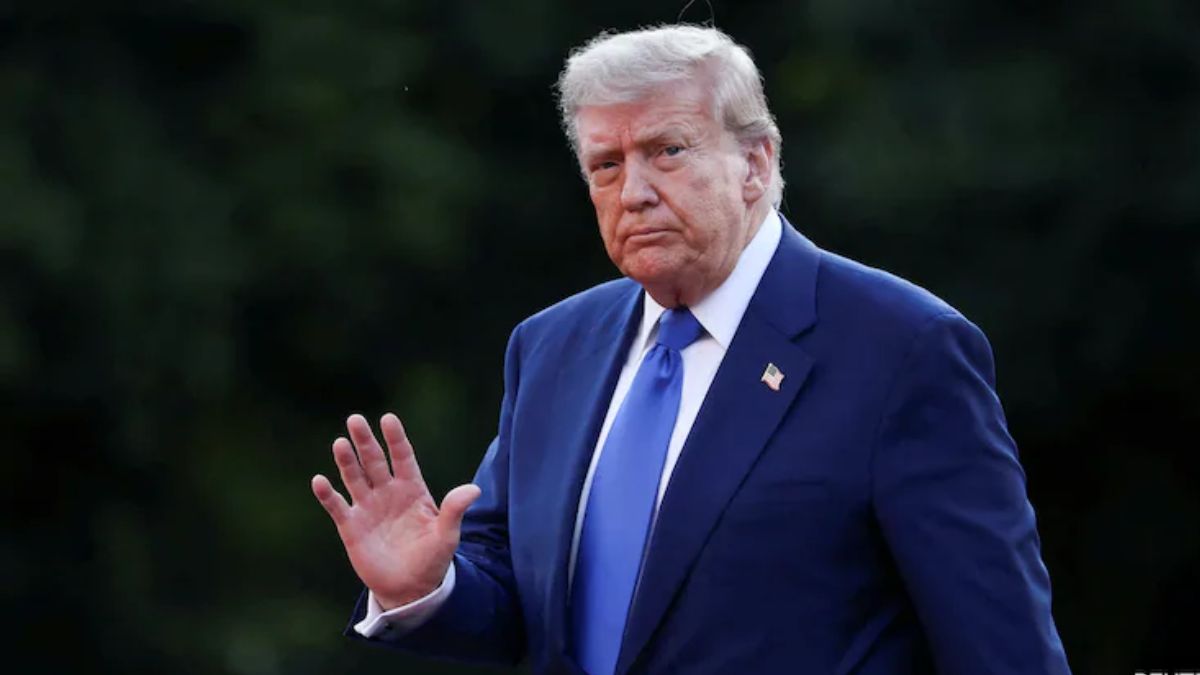Russia offered a guarded response on Saturday to a US-brokered draft peace deal between Armenia and Azerbaijan, while its regional ally Iran rejected a proposed border corridor championed by US President Donald Trump.
The two ex-Soviet neighbours signed the agreement in Washington on Friday, aiming to end decades of conflict, though the specifics and legal force of the deal remain uncertain.
A key element of the plan is a transit corridor through Armenia linking Azerbaijan to its exclave of Nakhchivan, a long-standing demand of Baku. Under the agreement, the United States would gain development rights for the route, dubbed the “Trump Route for International Peace and Prosperity,” in the strategically important, resource-rich region.
Tehran, however, dismissed the proposal outright, vowing not to allow a corridor along the Iranian border. “With the implementation of this plot, the security of the South Caucasus will be endangered,” said Akbar Velayati, an adviser to Supreme Leader Ayatollah Ali Khamenei, as quoted by Tasnim news agency. He called the plan “an impossible notion” and warned it would become “a graveyard for Trump’s mercenaries.”
“With the implementation of this plot, the security of the South Caucasus will be endangered,” Akbar Velayati, an advisor to supreme leader Ayatollah Ali Khamenei told the Tasnim news agency.
The planned corridor was “an impossible notion and will not happen”, while the area would become “a graveyard for Trump’s mercenaries”, he added.
In a similar tone, Moscow said it would “further analyze” the corridor clause, noting there were trilateral agreements in place between Russia, Armenia and Azerbaijan, from which no one had yet withdrawn.
Impact Shorts
More Shorts“It should not be ignored that Armenia’s border with Iran is guarded by Russian border guards,” said Russian foreign ministry spokeswoman Maria Zakharova.
Moscow, previously a key backer of Armenia, still has a military base there. Embroiled in its Ukraine operation, launched in 2022, it did not intervene in the latest conflict.
This has strained the historically warm ties between Yerevan and Moscow, home to a large and influential Armenian diaspora, triggering Armenia’s drift towards the West.
Waning influence
Christian-majority Armenia and Muslim-majority Azerbaijan went to war twice over their border and the status of ethnic enclaves within each other’s territories.
Moscow, once the main power broker in the Caucasus, is now bogged down in its more than three-year offensive in Ukraine, diverting political and military resources into the grinding conflict of attrition.
Both Armenia and Azerbaijan praised the US efforts in settling the conflict. Azerbaijani President Ilham Aliyev even said he would back President Donald Trump’s nomination for the Nobel Peace Prize.
The US-led NATO alliance welcomed the deal as a “significant step forward”.
But in Moscow, Zakharova refrained from even calling it a deal, referring to it merely as “the meeting of the leaders of the South Caucasus republics in Washington” – adding, however, that it still deserved “a positive assessment”.
Repackaging for Trump?
Analysts also sounded a note of caution, with the International Crisis Group pointing out that the deal left “a lot of questions unanswered”.
The two countries went to war twice over the disputed Karabakh region, which Azerbaijan recaptured from Armenian forces in a lightning 2023 offensive, sparking the exodus of more than 100,000 ethnic Armenians.
Azerbaijan and Armenia agreed on the text of a comprehensive peace deal in March.
Much of the White House agreement was a “repackaging” of that, which helped both countries get on Trump’s good side “by giving him a role,” the Crisis Group’s senior South Caucasus analyst Joshua Kucera said.
Azerbaijan later added a host of demands to that March deal, including amendments to Armenia’s constitution to drop territorial claims for Karabakh, before signing the document.
Pashinyan has announced plans for a constitutional referendum in 2027, but the issue remains deeply divisive among Armenians, with Kucera warning that this could yet derail the process.
Kucera called the corridor “one potentially significant development” from the White House meeting, but added that missing key details could prove “serious stumbling blocks”.
The US-brokered deal was “definitely a testament to the fact that Russia has been losing its influence” as its Ukraine operation had “diverted its attention and resources from some other areas of its traditional interest”, Olesya Vardanyan, an independent analyst on the South Caucasus, told AFP.
Nevertheless, she added, even if many details were still missing and nothing was guaranteed, the deal still gave Armenians “a promise of a better life and then maybe even more peace in the region”.
With inputs from agencies
)